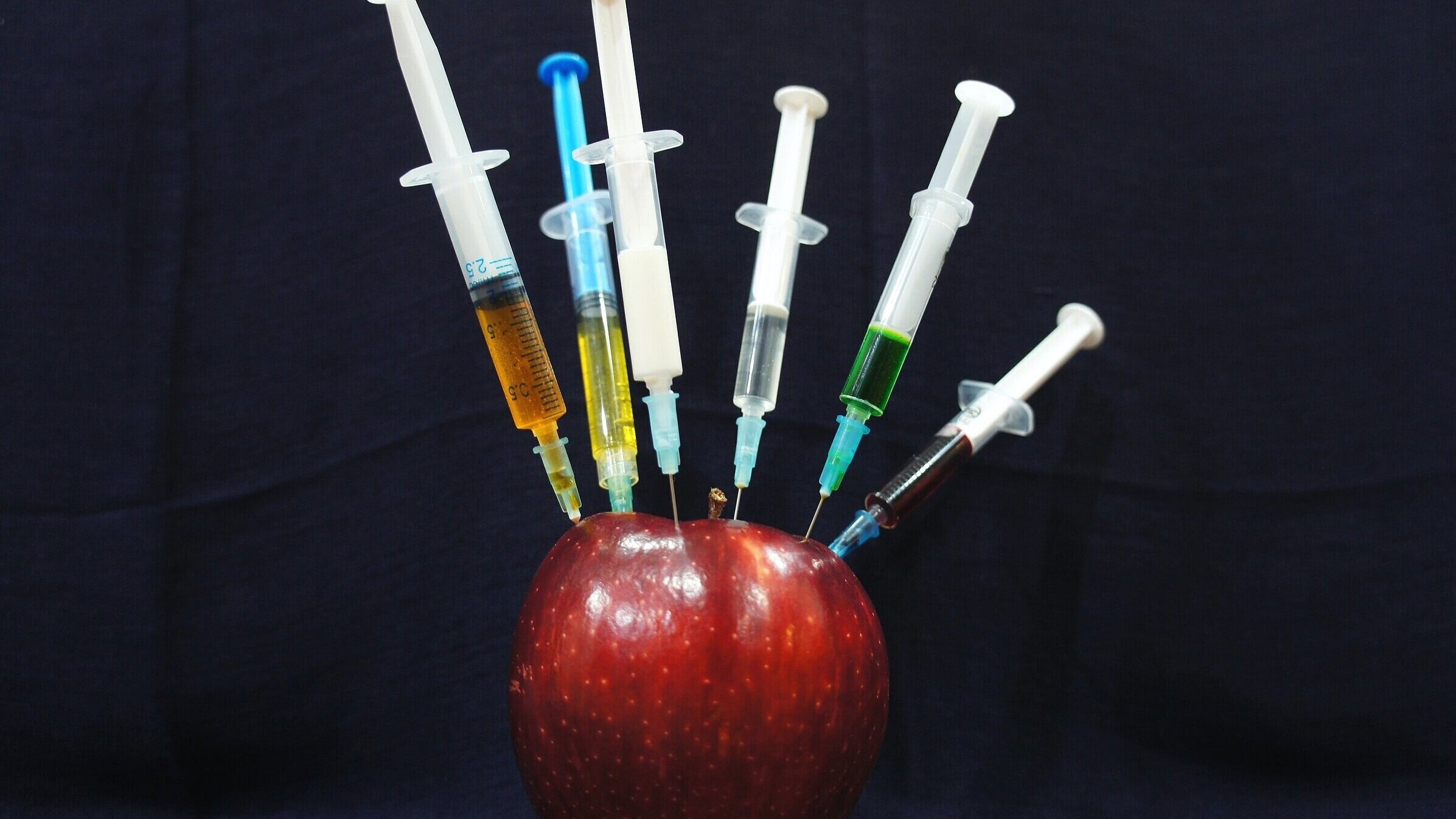Nutrition for your mind-body-soul
When it comes to your food, many people are not aware that mental disorders such as depression are the results of poor nutrition and social habits around food.
The foods we eat impact our mind, body and soul.
For a long time, humans had been eating foods that they grew themselves. From plant-based foods to animal-based foods, the food was clean and healthy. You knew exactly where it came from, which patch, which animal and even its name. There was harmony between man and nature.
Back in the old days' mothers used to cook our foods from scratch. The vegetables were gathered from the family’s garden, washed and waited for their turn to be chopped. The dough was turned onto a floured work surface and formed into a ball covered with a damp towel, waiting to be kneaded again. A touch of lemon and a hint of dry white wine was rubbed onto a fresh scaled fish.
Whiles in medium-high heat, on the stove, a pot of soup was gently simmering. Fresh herbs and spices were fried together with chopped garlic and mixed vegetables. The dough kneaded again onto a floured surface, proved and shaped into a loaf. It was baked and formed a dark coloured bread that had a strong earthy aroma. The kitchen was filled with the sounds of love, seducing smells of spices, mixed with the fragrance of the sea. Every bite was juicy and covered with the flavours of home. It tasted so good.
Everything was fresh and clean. Even the milk was organic and was full cream with all the goodness of dairy. It was poured into sterilised glass bottles, and we could hardly wait to drink a full glass of it.
Economic growth, demographic shifts, and urbanisation have increased food availability and simultaneously created poor eating patterns and increase consumption of unhealthy foods.
Today with fast technology, people rely on quick, processed foods for meals and snacks. Adults and children alike are consuming harmful chemicals and are completely unaware of this fact. Additives and preservatives are added into the foods, to keep it fresh for longer. Fertilisers are added to the grass the animals eat and most of our food is wrapped in plastics. These plastics, synthetic pesticides, contain petroleum and other harmful fossil fuels.
These products leach into our food and enter our bodies. Petroleum has been linked to health problems such as birth defects, heart disease, mental disorders, food allergies and even cancer. Even our fruits are being waxed as though they were shoes, to appeal to us, the consumer.
But no one tells you about these things.
Some chemicals, additives and preservatives, that are commonly used today, have been in use since the 1950s. But only recently have come under scrutiny for possible links to health issues. This results from gradual accumulation of poisons that eventually catches with us and we start feeling unwell.
We start to develop mood swings, brain fog, tiredness that can lead to brain inflammation and mental disorders such as depression and anxiety, not to mention diabetes, heart decease.
Recent studies have found that typical “Western” diets are associated with higher risks of depression and anxiety in adults and children. Did you know that 1 in 4 New Zealanders is affected by depression/anxiety? 75% of them are women. Women just like me, struggle to look at themselves in the mirror feeling overweight and deeply unhappy.
Traditional diets are being replaced with nutrient-poor, calorie dense diets, characterised by higher intakes of salts, fats, oils, sugars, refined grains, animal products, and processed foods, and lower intakes of fibre and fresh fruits and vegetables. Refined sugars are poured into almost everything we eat.
We use factory made sauces and spreads that contain food colouring, refine sugars and many more other additives keep the food fresh for long. From tomato sauce to the peanut butter on our kids’ sandwich, added sugar is found in lots of unexpected products.
Experts (World Health Organization) believe that sugar consumption is also a major cause of obesity and chronic diseases such as type 2 diabetes, heart disease and even cancer. Sugary foods quickly spike blood sugar and insulin levels, causing brain inflammation resulting in the development of common mental disorders such as depression/anxiety, dementia and Alzheimer's disease. These processed foods, such as pizza, noodles, sweets and cookies has a significant risk of insulin resistance which leads to fatty liver and other chronic diseases.
The problem is, that the high amount of refined sugars, plus the amount of additives; such as food colouring, plus a high amount of preservatives; plus synthetic chemicals/petroleum that we consume every day, eventually adds up.
Research showed that sugar has a drug effect on the reward centre of the brain. It can lead to child and adolescent eating disorders and low self-esteem, self-harming and self-hatred in adulthood. Scientists have proved that sweet foods can produce addiction effects in the human brain, driving the loss of self-control. Not only that sugar causes us to lose our self-control but subsequently makes up a large proportion of our daily calories intake which means weight gain that can lead to overeating, obesity and death.
Have you ever notice how you feel after eating processed foods or foods with a high content of sugar? Do you feel bloated? Heavy? Gassy and very uncomfortable in your stomach? Do you feel clear in your mind? Next time you eat fast food, notice and acknowledge it for your self.
Our gut has it’s own brain, our intestinal microbiome and the “gut-brain axis”, which has a major influence on how we sleep, how we feel, what we think and how we behave, especially towards others.
Harvard Medical Health Blog, Your brain on food, show that high-quality foods with vitamins, minerals, and antioxidants help to nourish the brain and boost brain development, while highly-processed, refined, and sugary foods can impair brain functioning and promote inflammation and oxidative stress (which affect cognition and mood).
Poor diets reduce our mental health. These relationships start early in our lifespan: unhealthy diets are associated with poorer mental health in children and adolescents. Maternal diets during pregnancy are linked with a child’s mental, emotional, and behavioural health later in life.
Unhealthy eating patterns are a major cause of rising obesity and chronic disease and are now a factor in one out of five deaths around the world. An interesting fact that came up in the New England Journal of Medicine (NEJM) about obesity, is that obesity, not only is extremely dangerous, but it’s also a contagious epidemic. It spread out through social networks and shared social norms. It becomes a social norm to eat foods that are processed and contain lots of sugar and harmful chemicals. Children and youth are increasingly vulnerable, and childhood overweight/obesity, depression and anxiety are on the rise.
Healthy, clean food not only fuels our bodies but also our brains and our soul. Fresh fruits and vegetables, cheese, beans, nuts and fresh fish or lean meat contain pure protein, healthy fats, healthy carbs, micronutrients and fibres which impact your brain, makes you feel happy and fulfilled.
So, what do we do? Where do we even start?
Having experienced these problems and overcome them myself, I developed a holistic approach and a set of tools to help others combat their pain successfully. It's much simpler than you might think to start the process of improving your state of mind.
We must pay greater attention to how food affects our health and strive to improve food security for all people, not only by focusing on calorie count and how often we eat but also on the quality of our foods. Don’t compromise on the quality of your health and drink lots of water.
Here are a few tips around buying:
Be smart. Shop the perimeter of the store for fresh, refrigerated and frozen whole foods. Buy seasonal and local produce that is unwrapped where possible. High-quality foods with vitamins, minerals, and antioxidants help to nourish our mind, body and soul.
Avoid the middle of the store where more processed foods lurk. Cook predominantly with ingredients that come from the earth.
Read what ingredient they put in your food. Look and read the nutrition information table before you put it in your trolley. Look for yourself and ask why do I need sugar in a tomato can? Why do I need sugar in my cereals?
Buy only what you can read and understand.
Look at the sugar content; dietary guidelines suggest limiting it to 10g per 100g (10%). Eating fresh fruit provides the satisfying sweetness of sugar with the bonus of fibre, minerals and vitamins.
Avoid eating fast foods and sugary beverages. Drink water, not food colouring.
You deserve to be healthy, whole and complete from the inside out.
Sources:
https://www.mentalhealth.org.nz/assets/Uploads/MHF-Quick-facts-and-stats-FINAL-2016.pdf
https://www.mentalhealth.org.nz/get-help/getting-through-together?gclid=Cj0KCQiAqdP9BRDVARIsAGSZ8AkDRhNgrSrrvk5q0IejKl2T74taULB0yxYtS4Sc2b8NpwtmCPPW-GoaAuSFEALw_wcB
https://www.mentalhealth.org.nz/assets/ResourceFinder/he-drove-me-mad-thesis.pdf
https://www.mentalhealth.org.nz/assets/News/Farming-woman-on-their-wellbeing-Farmstrong-2018.pdf
https://www.who.int/news-room/fact-sheets/detail/healthy-diet
https://www.ncbi.nlm.nih.gov/pmc/articles/PMC6683058/#B243-nutrients-11-01532
https://www.healthnavigator.org.nz/healthy-living/f/food-and-mood/
https://www.who.int/teams/nutrition-and-food-safety/standards-and-scientific-advice-on-food-and-nutrition
https://nutritionfoundation.org.nz/healthy-eating/adults/maintaining-a-healthy-bodyweight/adults
https://www.ncbi.nlm.nih.gov/books/NBK22259/
https://www.health.harvard.edu/blog/nutritional-psychiatry-your-brain-on-food-201511168626
https://www.hopkinsmedicine.org/health/wellness-and-prevention/the-brain-gut-connection
https://www.who.int/teams/nutrition-and-food-safety/standards-and-scientific-advice-on-food-and-nutrition
https://www.who.int/news-room/fact-sheets/detail/healthy-diet
https://www.helpguide.org/articles/healthy-living/the-mental-health-benefits-of-exercise.htm https://www.healthline.com/health/stress/amygdala-hijack#overviewhttps://www.ncbi.nlm.nih.gov/pmc/articles/PMC3467280/ https://www.diabetes.org.uk/about_us/news/early-onset-type-1
https://self-compassion.org/wp-content/uploads/2018/05/Zhang.Watson.2017.pdf
http://www.ccsenet.org/journal/index.php/ijps/article/view/22279
https://www.psychologicalscience.org/publications/observer/obsonline/self-critical-perfectionism-can-cause-students-to-spiral-into-depression.html







